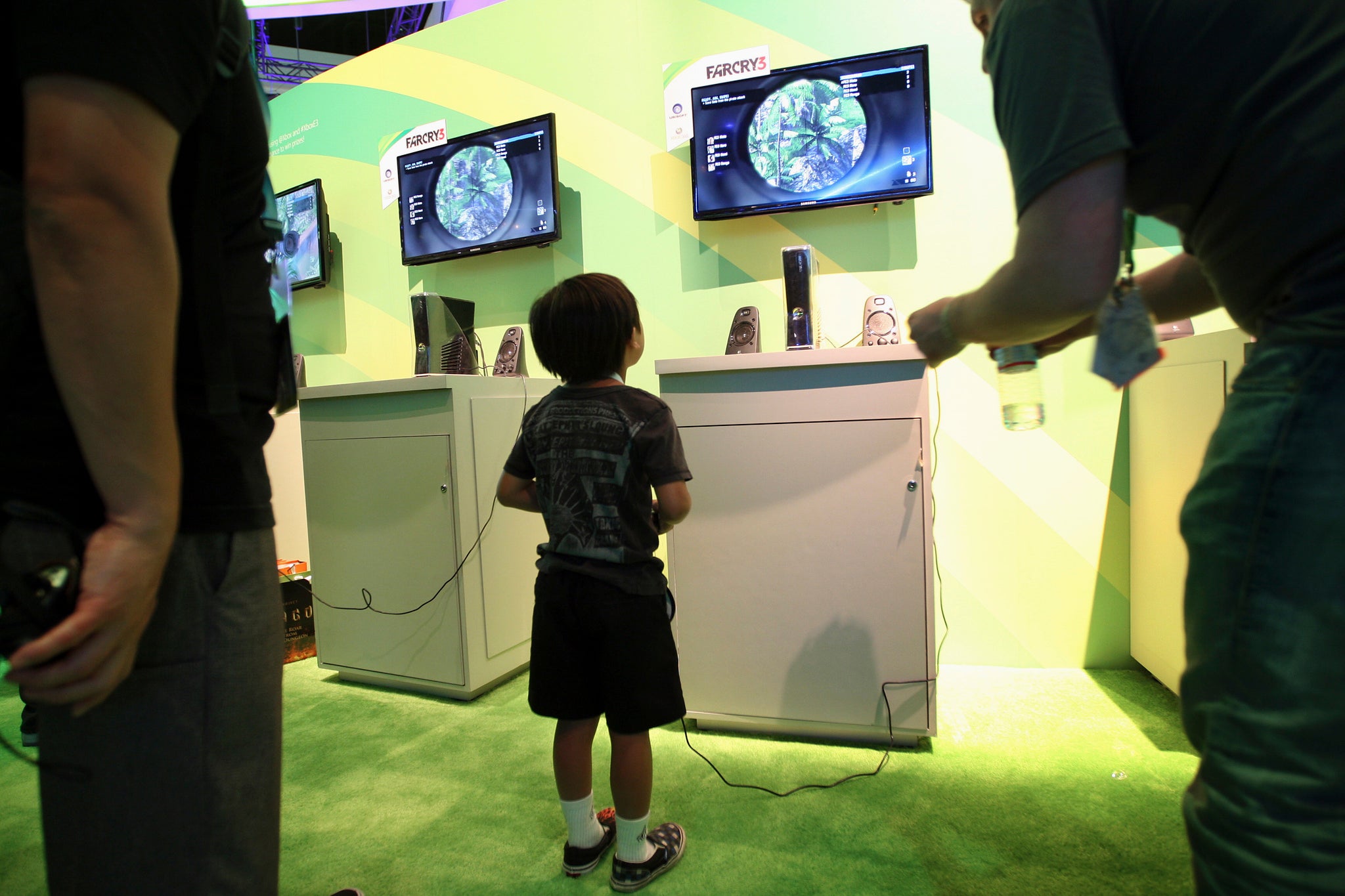Better than real life: Gamers report video-game mechanics appearing in their vision
A study of 'game transfer phenomena' reports gamers seeing video games menus and music in real life

Some video gamers have reported “distorted versions of real world surroundings” after playing games, new research has shown.
Gamers reportedly misinterpreted video game images as real life objects. This experience is called Game Transfer Phenomena.
Some gamers have said that they started seeing video game menus in real life, heard video game music, and have seen ‘heads up’ displays on the motorway.
The research found that playing video games can “easily trick the brain”, causing ‘after-games’ or ‘ghost images’ once people have stopped playing the game.
The study, from the International Gaming Research Unit at Nottingham Trent University, analysed over 650 experiences from gamers’ accounts on video game forums.
Gamers reportedly had mixed reactions to these images. While some were concerned, even questioning their own mental health as a result, others found the experience fun and wanted more.
Professor Mark Griffiths said: "Some gamers may be more susceptible than others to experience Game Transfer Phenomena. The effects of these experiences appear to be short-lived, but some gamers experience them recurrently. More research is needed to understand the cognitive and psychological implications of Game Transfer Phenomena."
A psychologist, Angelica Ortiz de Gortari, said that the research “invites us to reflect about the effects of prolonged exposure to synthetic stimuli."
However, the paper also noted that the data in the study was collected from online video game forums, and that therefore the psychological profile of those involved is unknown.
For those worried about video games blurring the lines betwen virtual life and reality, there's more worrying news in the form of the Oculus Rift - a VR headset that is set to go on sale in 2014, and could change not only gaming, but education and work as well.
Join our commenting forum
Join thought-provoking conversations, follow other Independent readers and see their replies
Comments
Bookmark popover
Removed from bookmarks